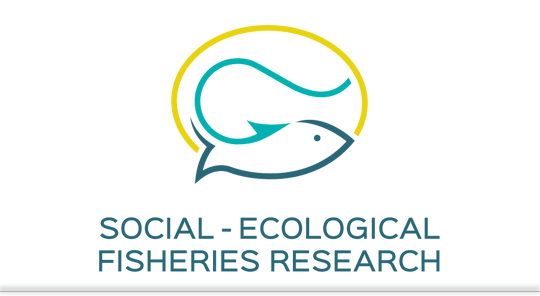The socio-cultural, economic, and environmental conditions of the world are changing rapidly and recreational fisheries will have to adapt to the uncertain future. Key research areas include assessing the sustainability of recreational fishing in response to climate change, ongoing biodiversity decline and changing social values. In this context, technological advances and digitalization can play a major role in advancing recreational fisheries. We evaluated the contributions of research that was presented at the 9th World Recreational Fishing Conference relative to 100 key research questions identified for recreational fisheries in 2020. Given that the 9th WRFC happened in the midst of the COVID-19 pandemic, we additionally synthesise impacts of COVID-19 on recreational fisheries. We found that the majority of contributions focused on resource monitoring and catch and release, while less attention was dedicated to governance, management-stock and habitat enhancement, and threats to sustainability. Rapid technological advances represent both a challenge (e.g., difficulty in management response), but also an opportunity for recreational fisheries (e.g., hyper connectivity of digital platforms for communication). Science is helping recreational fisheries to adapt and remain resilient to rapid social and environmental uncertainties, but this knowledge must be incorporated into governance structures and resource allocation strategies to ensure effective implementation.
Preparing recreational fisheries for the uncertain future: An update of progress towards answering the 100 most pressing research questions
Peer-reviewed

Sbragaglia, V., Brownscombe, J. W., Cooke, S. J., Buijse, A. D., Arlinghaus, R., Potts, W. M. 2023. Preparing recreational fisheries for the uncertain future: An update of progress towards answering the 100 most pressing research questions. Fisheries Research, 263, 106662.
Published
: 2023
Appeared in
: Fisheries Research, 263, 106662
